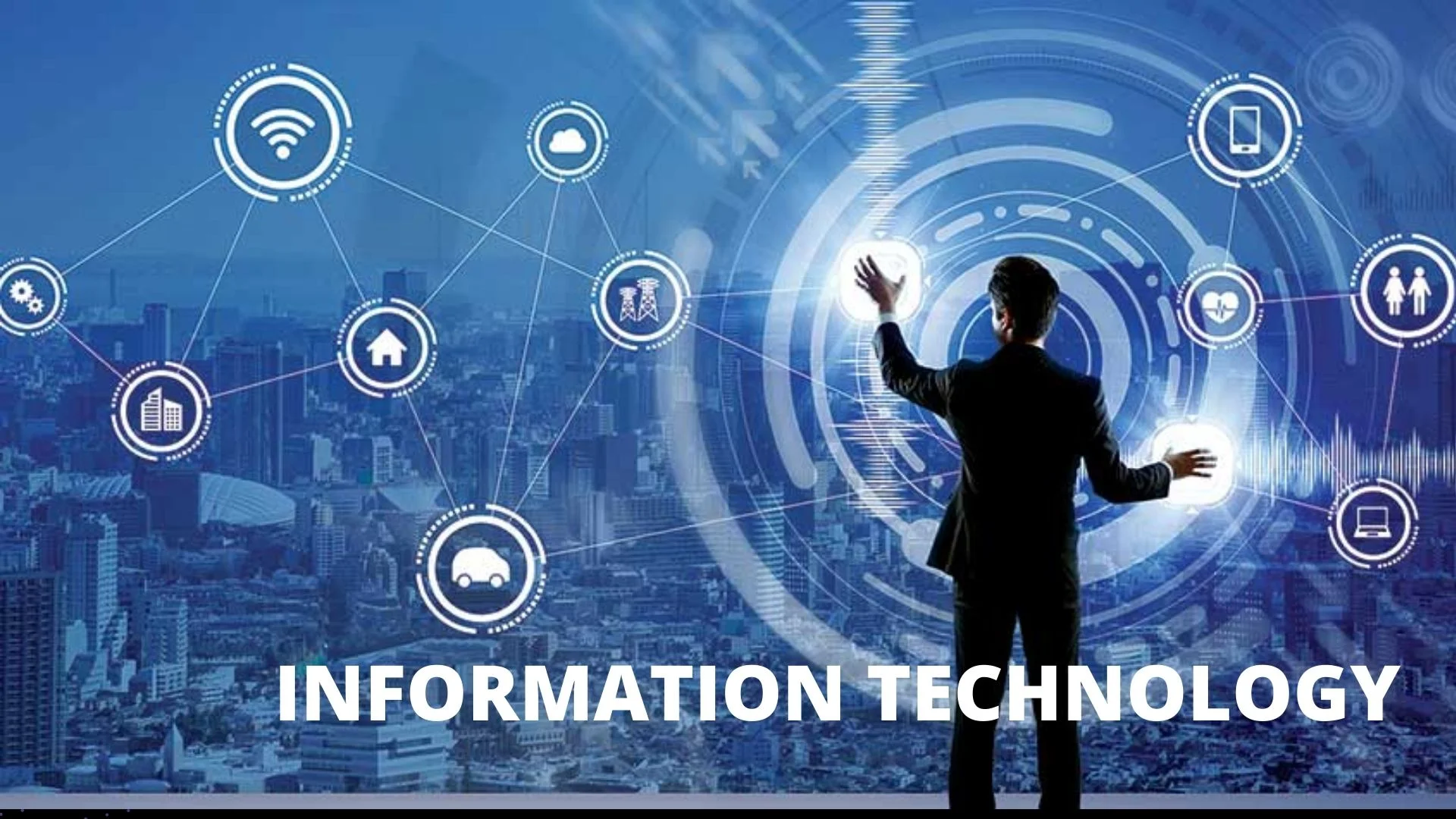
This program gives way to technologies that create a competitive edge and generate business value. The course will have a special emphasis in cloud computing, artificial intelligence, internet of things, and big data.
Topics Include:
- Cloud computing: Infrastructure, Platform and Software as a Service (IaaS, PaaS and SaaS).
- Mobile computing: Smartphone and tablet technologies including Android and iOS.
- Artificial Intelligence: Machine learning and deep neural networks.
- Big Data
- Security
- Technology overviews and demos
- Market analysis
- Business models and ecosystem
Duration: 4 Year
Eligibility: 12th / Diploma
Course Fee: As per Anna University Regulation Fees
THE VISION
"To achieve global standards in quality of Education, Research and Development in Information Technology by adapting to the rapid technological advancement."
THE MISSION
- To provide technical solutions in the field of Information Technology to the local society.
- To provide need-based quality training in the field of Information Technology.
- To provide students with the tools to become productive, participating global citizens.
Organization of faculty development programmes.
Conducting guest lectures by resource Persons.
Involving the faculty members in various FDP and Workshops.
THE SERVER ROOM COMPRISES OF MULTIPLE SERVERS TO OVERCOME THE REQUIREMENTS OF THE VARIOUS DEPARTMENTS. IT INCLUDES
- Redhat Linux server
- Wipro I value server
- Wipro super genius server
- Dell power edge server
- HCL winbee thin client server